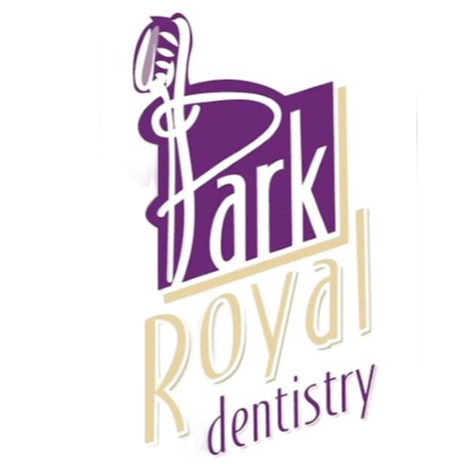Book Appointment Now
Dentistry for Moms-to-Be: Your Pregnancy Oral Health Guide
Pregnancy is filled with exciting changes to your body, and your mouth is no exception. Changes in hormone levels during pregnancy increase the potential for dental problems, emphasizing the importance of proper and sometimes extra-ordinary oral hygiene.
Pregnancy Gingivitis is the most common of the dental concerns during a pregnancy. This form of Gingivitis is most prevalent between the second and eighth month of pregnancy. The symptoms associated with Pregnancy Gingivitis include: gums that are red, swollen, tender, or bleeding during brushing and flossing.
Understanding the Connection Pregnancy brings significant hormonal changes that can affect your oral health. Extra care during this special time is crucial as dental health is directly linked to your baby’s well-being and your overall pregnancy health.
Common Pregnancy Dental Concerns:
- Pregnancy Gingivitis
- Increased gum sensitivity
- Bleeding while brushing
- Swollen or tender gums
- Higher risk of inflammation
- Other Oral Changes
- Morning sickness affecting tooth enamel
- Increased risk of cavities
- Pregnancy tumors (non-cancerous gum growths)
- Dry mouth issues
Preventive Care Tips:
- Maintain regular dental check-ups
- Brush twice daily with fluoride toothpaste
- Floss daily to prevent gum problems
- Rinse after morning sickness episodes
- Stay hydrated
- Choose healthy, calcium-rich foods
Safe Dental Treatment During Pregnancy:
- Second trimester is ideal for routine treatments
- Emergency procedures can be done safely
- X-rays with proper shielding when necessary
- Local anesthetics are generally safe
- Some treatments may be postponed until after delivery
When to See Your Dentist:
- Schedule a check-up early in pregnancy
- Report any oral changes or concerns
- Seek immediate care for severe pain or swelling
- Discuss medications and treatment safety
After Pregnancy:
- Schedule a post-pregnancy check-up
- Address any postponed treatments
- Continue good oral hygiene habits
- Monitor any lingering pregnancy-related changes
Remember: Maintaining good oral health during pregnancy benefits both mother and baby, contributing to a healthier pregnancy outcome.
